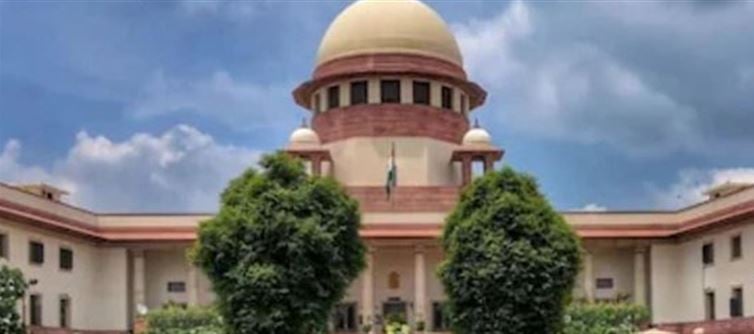
Supreme court Warns maharashtra Govt on Exceeding 50% Reservation Cap
The supreme Court’s sharp rebuke to the maharashtra government—“Don’t test us”—is more than a legal warning; it is a political commentary on a state that has repeatedly weaponised reservation politics for short-term electoral gains. The attempt to breach the 50% cap in local body elections is not driven by social justice but by competitive populism, where each faction wants to claim the legacy of representing the maratha and OBC voter bases.
Hidden incentives emerge immediately. With elections approaching, expanding reservation becomes a convenient currency to consolidate caste blocs, especially when the state’s alliance equations remain fragile. By pushing the limit despite previous judicial setbacks, the government signals to key communities that it is “fighting for them,” even if the move is legally untenable.
The institutional failure lies in the state’s inability—or unwillingness—to create the “triple test” data architecture mandated by the Court. Instead of building robust, caste-wise empirical frameworks, successive governments have preferred quick political announcements, leaving bureaucratic machinery weak and courts perpetually firefighting.
Short-term, the pause on nominations is a political embarrassment that disrupts electoral timelines and exposes administrative unpreparedness. Long-term, the repeated confrontations erode the credibility of reservation policy itself, transforming a constitutional tool of equity into a bargaining chip. Worse, it invites a dangerous precedent where states test limits until the judiciary intervenes.
As maharashtra insists on pushing the boundary without structural reform, one question lingers: Is the state genuinely pursuing social justice, or merely staging it for the next election cycle?




 click and follow Indiaherald WhatsApp channel
click and follow Indiaherald WhatsApp channel